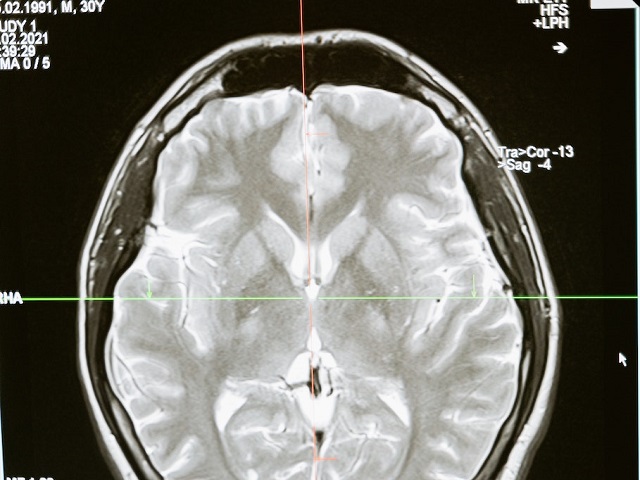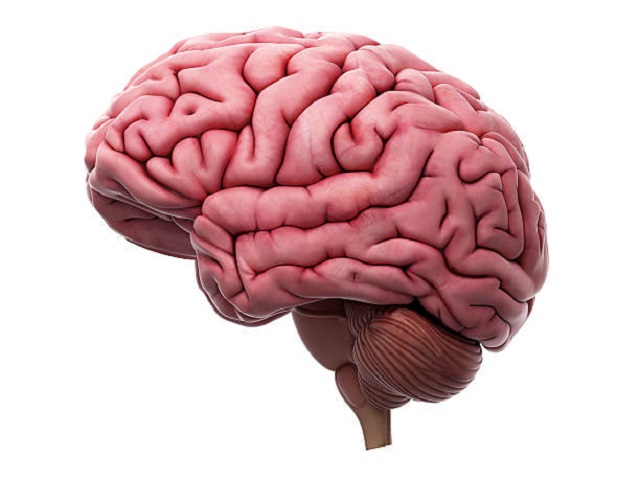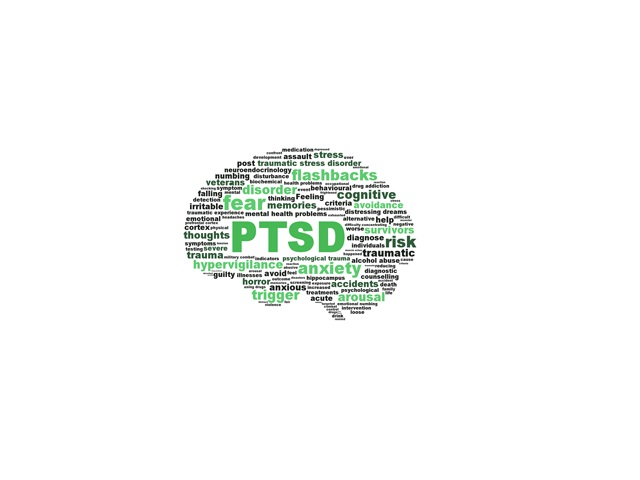7 Signs You May Have Brain Tumour -- Symptoms, Causes, Effects, Treatment and Prevention
A brain tumor refers to the abnormal growth of cells in the brain or the surrounding tissues. It can be benign (non-cancerous) or malignant (cancerous). Brain tumors can arise from various cell types within the brain, and they can cause a range of symptoms depending on their size, location, and rate of growth.
Symptoms of Brain Tumor
The symptoms of a brain tumor can vary widely and may develop gradually or suddenly. Common symptoms include:
- Headaches: Persistent or worsening headaches, often accompanied by nausea and vomiting.
- Seizures: Uncontrolled electrical activity in the brain that can cause seizures or convulsions.
- Cognitive and neurological changes: Changes in memory, concentration, coordination, or balance. Difficulty speaking, understanding, or finding words.
- Personality or behavior changes: Mood swings, irritability, personality changes, or depression.
- Sensory problems: Vision or hearing problems, changes in the sense of smell or taste, or numbness or tingling in the limbs.
- Motor issues: Weakness or paralysis in certain body parts, difficulty walking, or coordination problems.
- Other symptoms: Fatigue, sleep disturbances, changes in appetite, or unexplained weight loss.
It's important to note that these symptoms can also be caused by other conditions. If any of these symptoms persist or worsen, it is essential to seek medical evaluation.
Causes of Brain Tumor
The exact causes of brain tumors are often unknown. However, certain risk factors and genetic conditions may increase the likelihood of developing a brain tumor:
- Age: Brain tumors can occur at any age, but some types are more common in certain age groups.
- Family history and genetic conditions: Inherited genetic conditions, such as neurofibromatosis, von Hippel-Lindau disease, and Li-Fraumeni syndrome, can increase the risk of brain tumors.
- Exposure to radiation: Previous radiation treatment to the head, such as for childhood cancer, increases the risk of developing brain tumors later in life.
- Environmental factors: Certain environmental exposures, such as certain chemicals or electromagnetic fields, have been studied for their potential link to brain tumors, but the evidence is inconclusive.
Effects of Brain Tumor
The effects of a brain tumor can vary depending on its location, size, and rate of growth. Potential effects may include:
- Neurological deficits: Brain tumors can cause a range of neurological symptoms, such as weakness, sensory changes, difficulty speaking, or problems with memory and cognition.
- Seizures: Brain tumors can trigger seizures, which may vary in severity and frequency.
- Cognitive and emotional changes: Brain tumors can affect cognitive functions, leading to difficulties with memory, concentration, and problem-solving. They can also impact emotions, leading to mood swings, depression, or anxiety.
- Physical impairments: Depending on the tumor's location, motor functions may be affected, resulting in weakness, paralysis, or difficulties with coordination and balance.
- Impact on daily functioning: Brain tumors can interfere with activities of daily living, including work, school, and relationships.
Treatment of Brain Tumor
The treatment of a brain tumor depends on various factors, including the type, size, location, and overall health of the individual. Treatment options may include:
- Surgery: Surgical removal of the tumor is often the first-line treatment, aiming to remove as much tumor tissue as possible while preserving healthy brain tissue.
- Radiation therapy: High-energy beams are used to target and destroy cancer cells. It may be used before or after surgery or as the primary treatment for inoperable tumors.
- Chemotherapy: Medications are used to kill cancer cells or prevent their growth. Chemotherapy can be administered orally or intravenously, depending on the specific drugs used.
- Targeted therapy: Drugs are used to specifically target certain genetic or molecular abnormalities in cancer cells, disrupting their growth and survival.
- Immunotherapy: This treatment harnesses the body's immune system to recognize and attack cancer cells.
- Supportive care: This includes symptom management, pain relief, and supportive therapies to improve the quality of life of individuals with brain tumors.
Prevention of Brain Tumor
Currently, there are no known ways to prevent the development of brain tumors. However, some measures may help reduce the risk:
- Avoid exposure to radiation: Minimize unnecessary exposure to radiation, such as from excessive medical imaging or occupational exposures.
- Use protective gear: When participating in activities that may result in head injuries, such as sports or certain occupations, use appropriate protective gear.
- Lifestyle factors: Adopting a healthy lifestyle, including regular exercise, a balanced diet, and avoiding tobacco and excessive alcohol consumption, may contribute to overall well-being.
- It is important to note that these preventive measures do not guarantee the prevention of brain tumors but may contribute to overall health and well-being.
Note: The information provided is for educational purposes and should not replace professional medical advice. It is always recommended to consult with a healthcare provider for accurate diagnosis and personalized guidance.
References:
American Brain Tumor Association. (2021). About Brain Tumors. Retrieved from https://www.abta.org/about-brain-tumors/
Mayo Clinic. (2021). Brain Tumor. Retrieved from https://www.mayoclinic.org/diseases-conditions/brain-tumor/symptoms-causes/syc-20350084


















